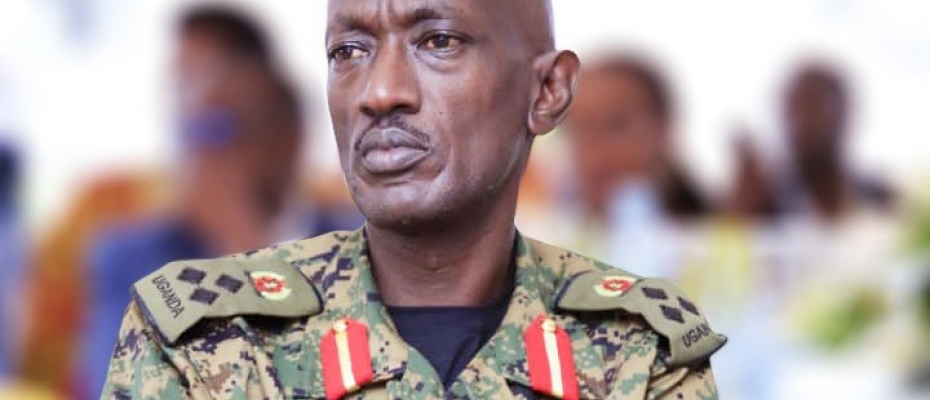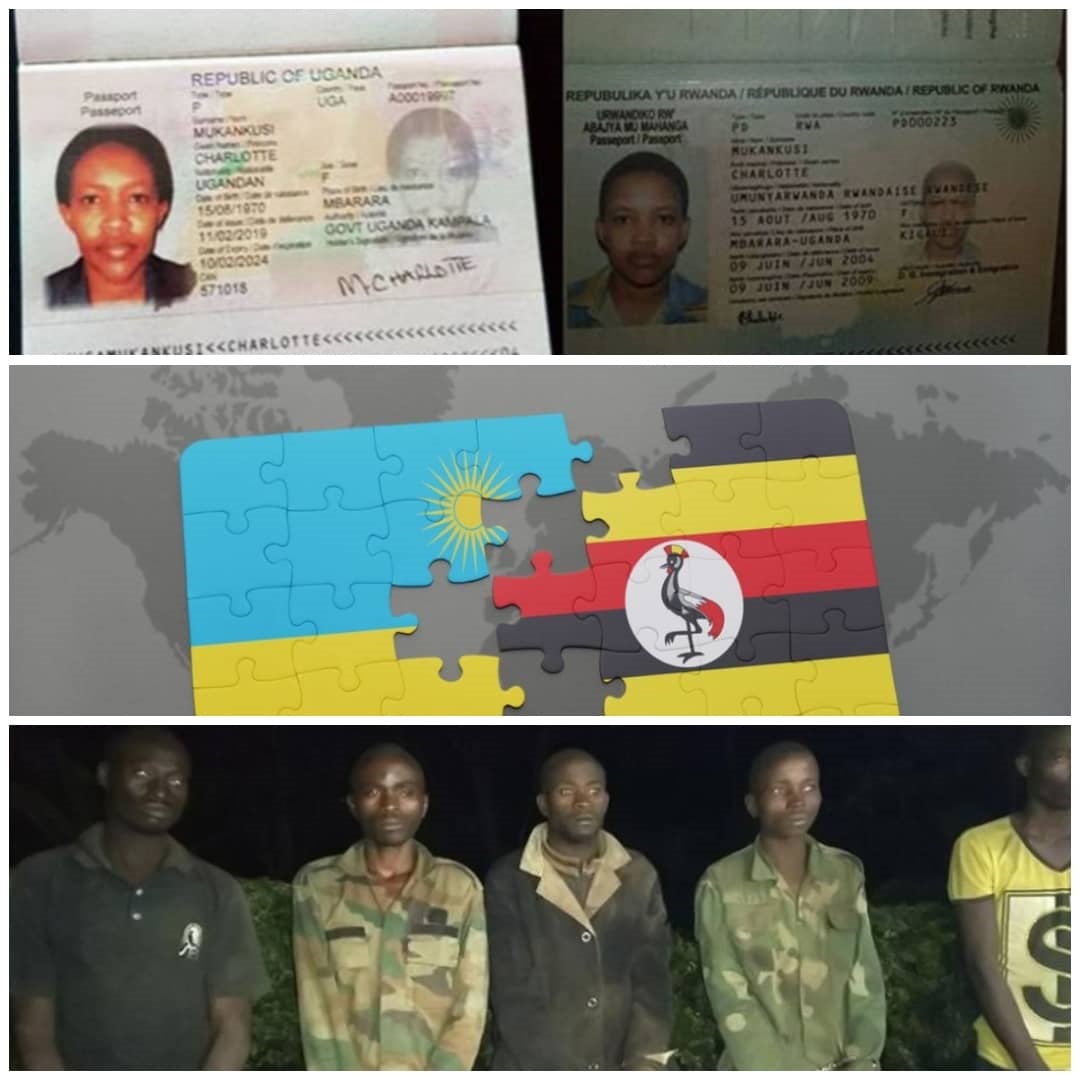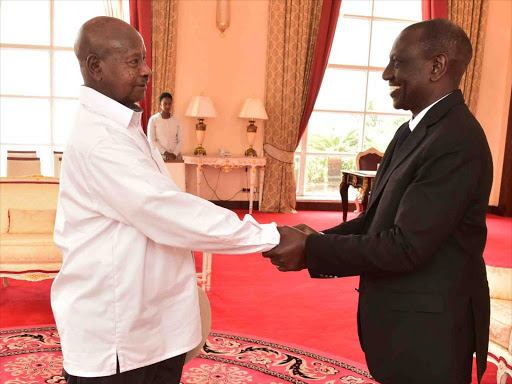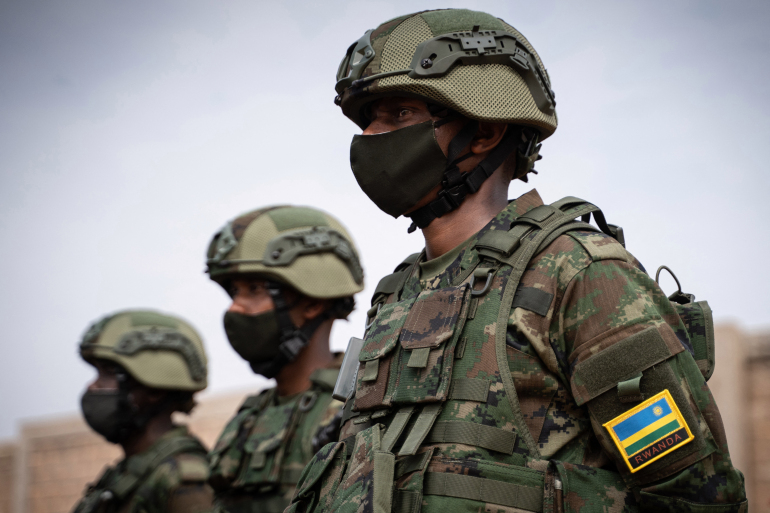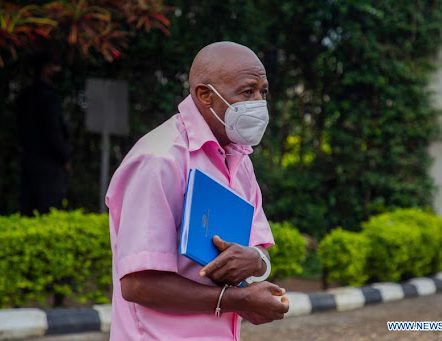Regional
Rwanda doesn’t trade in “bloody” Congolese minerals
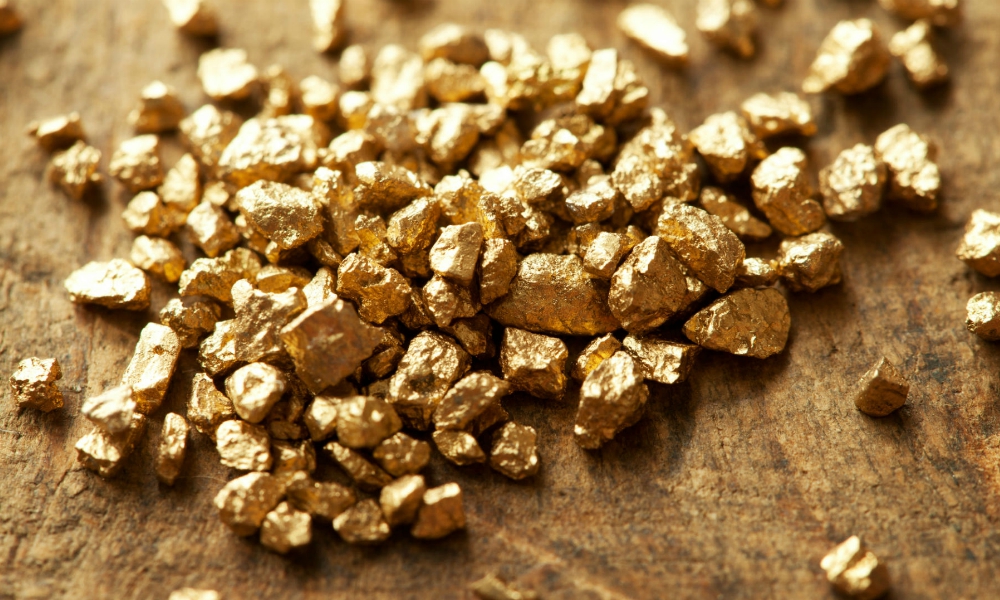
Accusations
that Rwanda has been benefiting from trade in illegal minerals from the
Democratic Republic of Congo (DRC) have been a narrative peddled by Rwanda’s
detractors. Their goal is to tarnish the image of the country.
The
most bizarre of such accusations was made recently, by two Canadian
journalists, Judi Rever and Geoffrey York, of the Toronto-based Globe
&Mail, in an article published on August 4. Titled: “How ‘blood mineral’
traders in Rwanda are helping fund Congo rebels – and undermining global supply
chains,” the article carries the same old and baseless allegations against
the Rwandan government. The two authors are well known for their anti-Rwanda
stance, and publications, with views that support the double genocide theory
and genocide revisionism.
Their
loaded headlines often aim at creating shock and consternation in the
international community, and creating resentment against the Rwandan
government. The duo based their latest accusations
on a so-called UN Experts’ report about illegal exploitation of minerals in eastern
DRC and the endemic violence which has been raging there for decades. The
allegations against Rwanda are flimsy and do not stand serious scrutiny.
Going
by an earlier report by the same UN experts, in June 2020, the quantities of gold
involved are just speculative. The AP’s article titled “UN experts: Gold from
Congo going to armed groups, criminals,” noted that “Ituri’s capital city of
Bunia remains a gold trading and smuggling hub where eight gold-buying houses
each purchased a minimum of 2 to 3 kilograms of gold per week, according to
three traders and mining official.”
They
therefore concluded that on that basis, a minimum of 1,100 kilograms of gold
had been purchased and smuggled out of… Congo in 2019 from Ituri alone, which
could have generated up $1.88 million in taxes had it been legally exported.”
If
that is true, DRC has been bleeding but Rwanda has nothing to do with what is
happening in Ituri, which is far away from its borders. Those involved in the
trade of blood minerals are not connected to Rwanda.
However,
what Rever and York do not report is that sacks of minerals were once found in
armoured vehicles belonging to members of the UN Peacekeeping Mission in Congo
(MONUSCO).
Mining
in Rwanda started in the early 1930s and since then, the sector has undergone
wide reforms. It is now Rwanda’s second-largest forex earner. In 2017, the
sector generated $373.4 million. Rwanda produces between 8,000 and 9,000 tons
of mineral compounds every year. Rwanda is among the top producers of Tantalum, producing about 9% of the
world’s Tantalum used in electronics manufacturing.
More
importantly, Rwanda has a mineral tagging and sealing scheme, internationally
recognized as a member of the iTSCi program that ensures that the origins of
the minerals can be traced to avoid conflict financing, human rights abuses, or
other malpractices such as bribery in mineral supply chains.
Rwanda
also integrated into the regional context as a driving member state of the
International Conference on the Great Lakes Region’s Regional Initiative
against the Illegal Exploitation of Natural Resources (RINR).
Nevertheless,
Rever and York relay spurious allegations - made by Jerry Fiala, an Australian
geologist who worked in Rwanda since 2003 - that “the minerals from the DRC are smuggled into
Rwanda either by truck or across Lake Kivu…then tagged at ‘dummy mines’ in
Rwanda where no actual mining occurs.” This is outrageous.
All these accusations are based on testimonies
of witnesses backing Bay View Group Company, which took Rwanda to the World
Bank’s International Centre for Settlement of Investment Disputes.
Rwanda revoked the Bay View Group, a mining
company, from operating in Rwanda in 2016 and is seeking $95 million in
damages. It claims that its licence was revoked by the government because it
did not want to collaborate in the smuggling schemes. The Rwandan government, noted
how the allegations are “utterly contrived and without merit.”
Those who live in Rwanda ascertain that its
policy against smuggling of goods through its borders is one of the most robust
in the region. The rest is just a smear campaign against the country by well-known
Rwanda haters such as genocide denier and revisionist, Rever.
But no matter how much the “UN experts” and the
two journalists distort the facts, the truth remains. Rwanda is not involved in
the smuggling of Congolese minerals, and records are available of minerals
produced in Rwanda and how they are exported.


